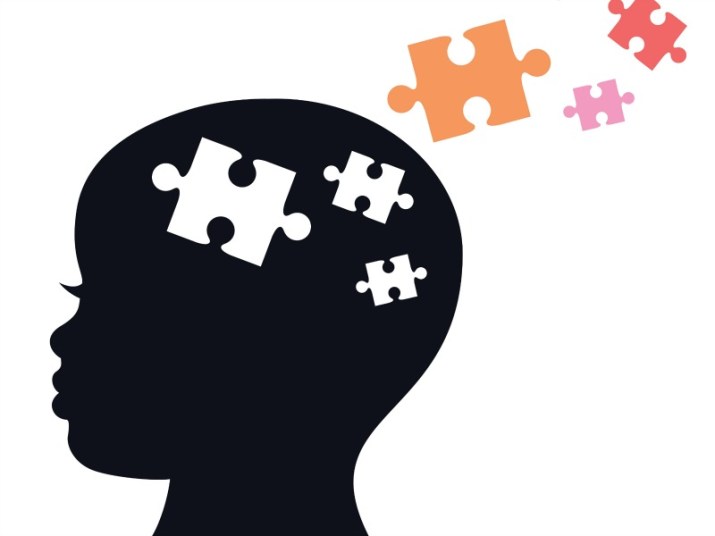10 Tips for Mothers of a Child Experiencing the Onset of Mental Illness

No doubt about it, mental illness in children can be scary. That’s why parents of children who may be experiencing the beginning of a mental health issue need all the support they can get.
Perhaps one of the hardest things to accept about mental illness in children? This tough-to-swallow statement (and feel free to make it your mantra): You cannot cure it. You cannot control it. You can only learn to cope with it. Here are 10 tips that can help you do just that.
Coping with mental illness in children
Stay calm. Even though you feel overwhelmed, confused and at a loss for how to respond, it’s important for you to create a safe environment for both you and your child. Know that the person in a mental health crisis has lost control over his or her thoughts and feelings and is in an altered state of reality.
Listen, empathize, and avoid confrontation. Don’t try to convince your child that his thoughts and feelings are wrong. Don’t get mad and say, “Snap out of it.” He or she can’t. Communicate clearly, ask simple direct questions, set limits, and trust your intuition about when to get help.
Accept that this is really happening. We all have a variety of ways of dealing with a mental health crisis. You might refuse to believe it’s happening — as in, “This can’t be happening to my child” — and reject the facts despite evidence to the contrary. It’s necessary for you to avoid denial. Research has shown that early intervention when the first signs of psychosis emerge lessens the impact of symptoms and promotes recovery.
You have no control over a mental illness. When I accepted that my son’s behavior indicated a mood disorder, I tried to find out everything I could about the illness. I wanted everyone in my family to understand it as well. I had to come to terms with the fact that I had no control over it, or another family member’s response. I had to accept that medication could manage his mood swings for a period of time, but that did not mean they would magically go away.
Avoid magical thinking. You may find yourself in what NAMI (National Alliance on Mental Illness) calls the “hope-against-hope” stage, which is part of our nature as mothers. We yearn for everything to get back to normal. I call this the “magical thinking” phase, which prevented me from understanding the recurring nature of my son’s illness and how much he was suffering.
Be aware that sorrow is normal. When we finally come to terms with the fact that our loved one has a chronic illness, it is not unusual to mark time before and after the defining event — the psychotic break, the deep depression, the suicide attempt. We mourn the loss of the person we knew and loved before the illness struck, because we fear they will never be that person again. We begin to feel the deep tragedy of their lives, as well as our own, because our dreams for them have been dashed. Our grief over this loss is palpable.
See your child, not his illness. The most helpful thing I learned from NAMI is: “We cannot cure it. We cannot control it. We can only learn to cope with it.” This helped me with my feelings of guilt and powerlessness. See your child, not the illness — she may have an illness but she is not the illness. Strive to listen and understand. Living with a mental illness ultimately teaches humility and compassion not only for our loved one but also for ourselves.
MUST-SEE: Kids’ Thoughtful Gift Makes Mom Want To Burn The House Down
Cultivate family support. Families are a vital support for our loved ones. Sit down with your spouse and other children, aunts, uncles and grandparents and explain what your child is experiencing. De-mystify the mental illness. Family members need to become educated to be able to understand and support your child. Become aware of the mental health resources in your community. Replace the stigma about mental illness that shames both our children and ourselves with hope and understanding.
Get support for yourself. You cannot deal with a mental health crisis alone. Take care of your health, make sure you eat, sleep, and exercise. Don’t isolate. You are not alone. Find a local NAMI group where you can talk freely to other family members who have dealt with mental health issues.
Above all, don’t blame yourself. It’s really, truly, not your fault.
Remember, NAMI Family-To-Family workshop is a free, 12-session educational program for family, significant others, and friends of people living with mental illness. It is taught by NAMI-trained family members who have been there, which I found to be most helpful. I needed to hear their experiences, their successes and failures. Research shows that the program significantly improves the coping and problem-solving abilities of the people closest to an individual living with a mental health condition. See more here.
This post was written by Meg McGuire, a mother, writer, psychotherapist, and the author of five internationally published nonfiction books, including Blinded by Hope: One Mother’s Journey Through Her Son’s Bipolar Illness and Addiction. She is an activist in mental health and criminal justice reform and teaches memoir in southern California.
More from Woman’s World
A Stranger Watched Her Kids on the Beach, and Said Something That Totally Changed Her Parenting
After Seeing Manager’s Treatment of Special Needs Employee, a Parent Spoke Up












